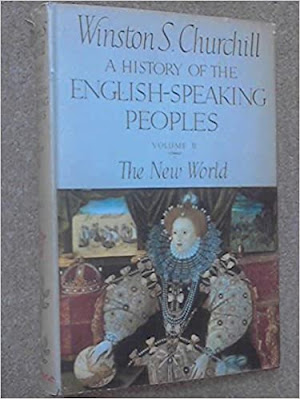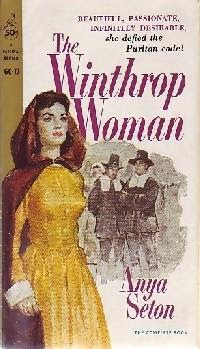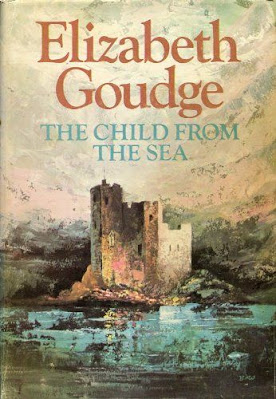Words and pictures from the author of And the Crows Took Their Eyes as well as the Elizabeth Goodweather Appalachian Mysteries . . .
Friday, October 8, 2021
History and Historical Fiction
Friday, August 20, 2021
Those Who Don't Study History . . .
. . .are condemned to repeat it. While those who do, shake their heads as it happens again and again, an endless Groundhog Day nightmare.
Actually, I'm not a real student of history. But I enjoy reading about the past and every once in a while am struck by mankind's seeming inability to learn from it.
I just finished The Birth of Britain, volume one of Churchill's A History of the English-Speaking Peoples. From the Roman invasion and occupation to the Angles and Saxons and Vikings, on to the Normans and the Plantagenets, the Magna Carta and the Black Death, Joan of Arc and the Wars of the Roses, the history of the Island, as Churchill calls it, seems to be one of almost perpetual war.
And it was hard to avoid seeing parallels to today;
"The belief that the English were invincible and supreme in war, that nothing could stand before their arms, was ingrained. . . The assurance of being able to meet [the enemy] at any time upon the battlefield overrode inquiries about the upshot of the war. Few recognized the difference between winning battles and making lasting conquests. . . . While the war continued the Crown was expected to produce dazzling results, and at the same time was censured for the burden of taxation and annoyance to the realm. A peace approached inexorably which would in no way correspond to the sensation of overwhelming victory. . ."
Sound familiar? This was at the end of the 1300's and it's still true today.
Another parallel I found interesting was the Black Death. It killed nearly a third of the population and suddenly, good help was hard to find. Wages had to increase and this led, eventually, to the rise of a middle class.
We are seeing something like this today, as folks laid off low-paying, unfulfilling jobs by Covid, begin to demand better paying, more satisfactory work. It would be nice to think that our middle class will eventually be brought back to the strength it once had, when one wage earner could support a family and own a home.
Interesting times, the 1300's and the 2000's. I can't wait to see what happens next.





